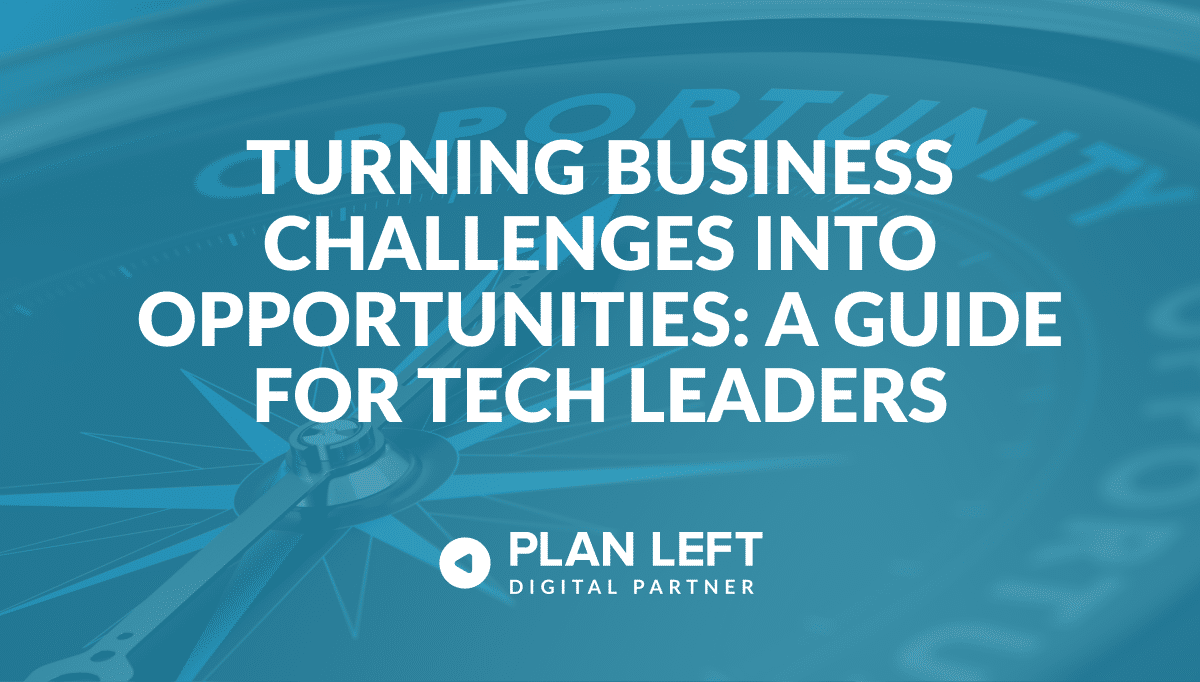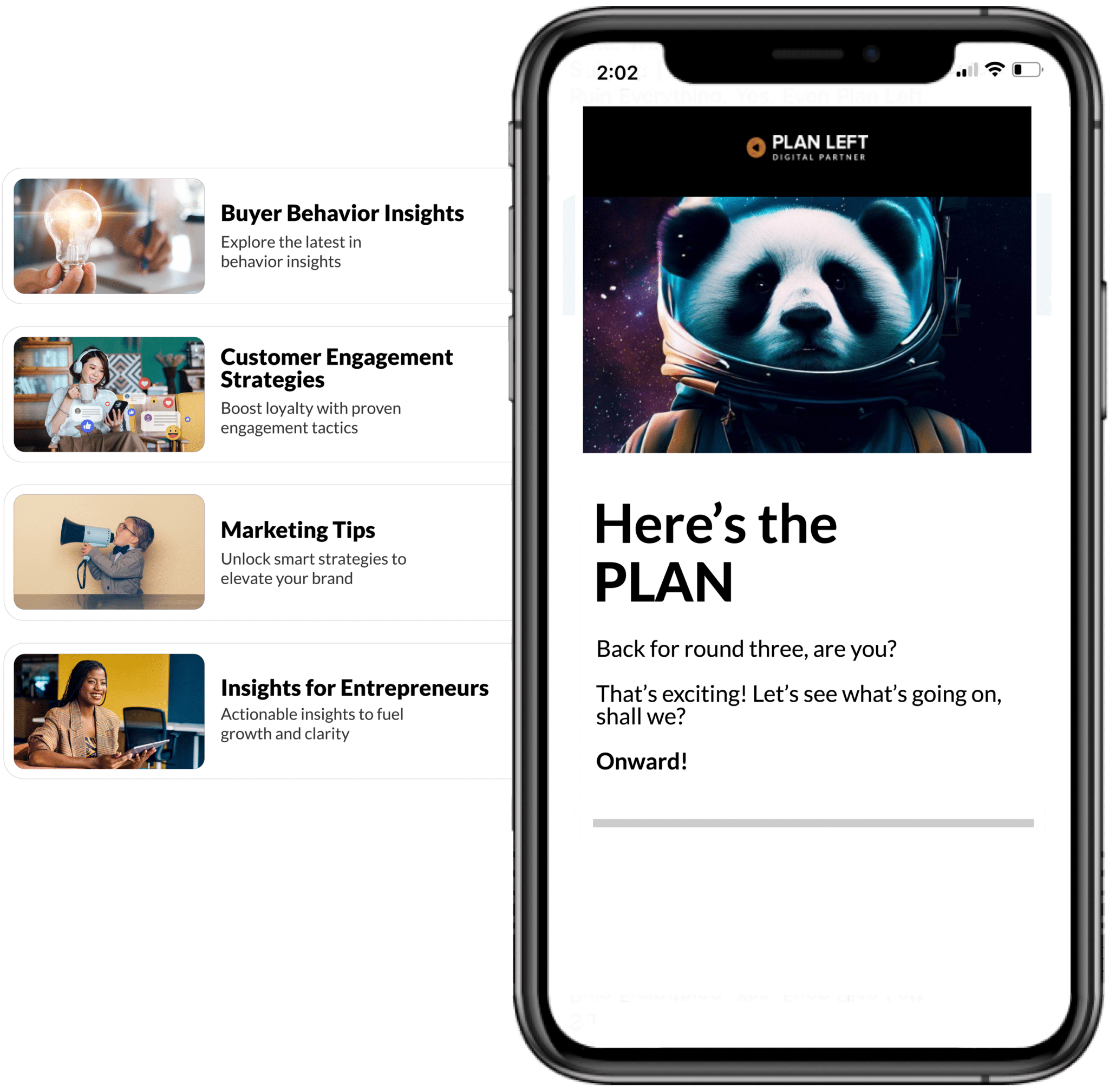
Every tech company hits rough patches—moments when growth seems to threaten quality, when finding the right team feels impossible, or when market pressures feel overwhelming. The real difference between companies that succeed and those that struggle isn’t about avoiding these challenges, but about seeing them as chances to grow stronger.
Changing How We Look at Problems
Most leaders traditionally try to “solve” problems and move on. But the most innovative companies do something different: they see challenges as hidden opportunities waiting to be uncovered.
Imagine a growing tech company struggling to maintain quality during rapid expansion. A typical approach might be to slow down or hire more people. But an innovative leader sees something else—maybe this challenge is a chance to develop an entirely new quality control system that could become a unique product or service.
The key is shifting from “How do we fix this?” to “What could we learn from this?” This simple change opens up entirely new ways of thinking.
Building a Resilient Mindset
Resilient leadership isn’t about having all the answers. It’s about being comfortable with uncertainty and seeing change as a constant, not a disruption. The most adaptable leaders:
- Stay curious about failures
- See setbacks as valuable information
- Get comfortable with unclear situations
- Build flexible systems that can evolve
Finding Opportunity in Challenges
Not every problem is worth solving the same way. Smart leaders assess challenges by asking:
- Could solving this help us develop new skills?
- Are other companies facing similar issues?
- Is now the right time to address this?
Sometimes, the best solution isn’t to immediately tackle a problem, but to wait for the right moment or approach.
The most creative solutions often come from working with constraints, not fighting against them. A tight budget might force you to create more efficient processes. A shortage of experienced talent might inspire you to build an incredible training program.
Creating a Culture of Growth
Building a resilient organization means creating an environment where:
- Feedback comes from everywhere
- Decisions can be made quickly
- Experiments are encouraged
- Failures are seen as learning opportunities
Looking Ahead
While we can’t predict the future perfectly, we can stay aware of trends that might impact our business. This means looking beyond our immediate industry to understand:
- Technological changes
- Shifts in workforce expectations
- Emerging market dynamics
Current trends like sustainability, artificial intelligence, and purpose-driven business are reshaping how companies think about success.
The most successful tech leaders understand that business challenges aren’t roadblocks—they’re raw materials for building something stronger. By changing how we see problems, creating adaptable systems, and staying focused on continuous improvement, we can turn our biggest challenges into our greatest advantages.
This approach is about more than solving problems. It’s about developing a mindset that sees opportunity where others see obstacles. When we master this, we don’t just survive difficult times—we use them to become more innovative, resilient, and capable.
Explore Latest Posts
5 Signs Your Business Is Ready to Own Its Marketing (Without an Agency) The default assumption in business is that ... read more
December 31, 2025
From Feast to Famine: How to Create Predictable Revenue in Your Business Three months ago, you couldn't take on another ... read more
December 29, 2025
Why Competing on Price Is Killing Your Margins (And What to Do Instead) When a prospect asks "how much do ... read more
December 25, 2025
Essential Strategies for Entrepreneurs
Get Actionable Business Insights & Marketing Tips
Our newsletter delivers real-world strategies from entrepreneurs who’ve been exactly where you are.
Sign up now for:
- Actionable growth strategies that work
- Insider tactics for attracting top talent
- Real-world case studies from successful founders
- Emerging tech trends that drive innovation
- Pragmatic marketing approaches for visionary leaders




